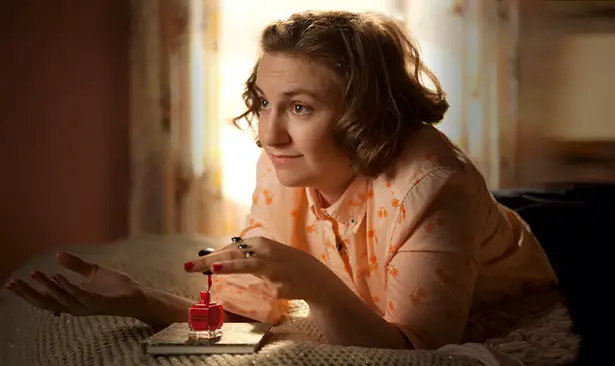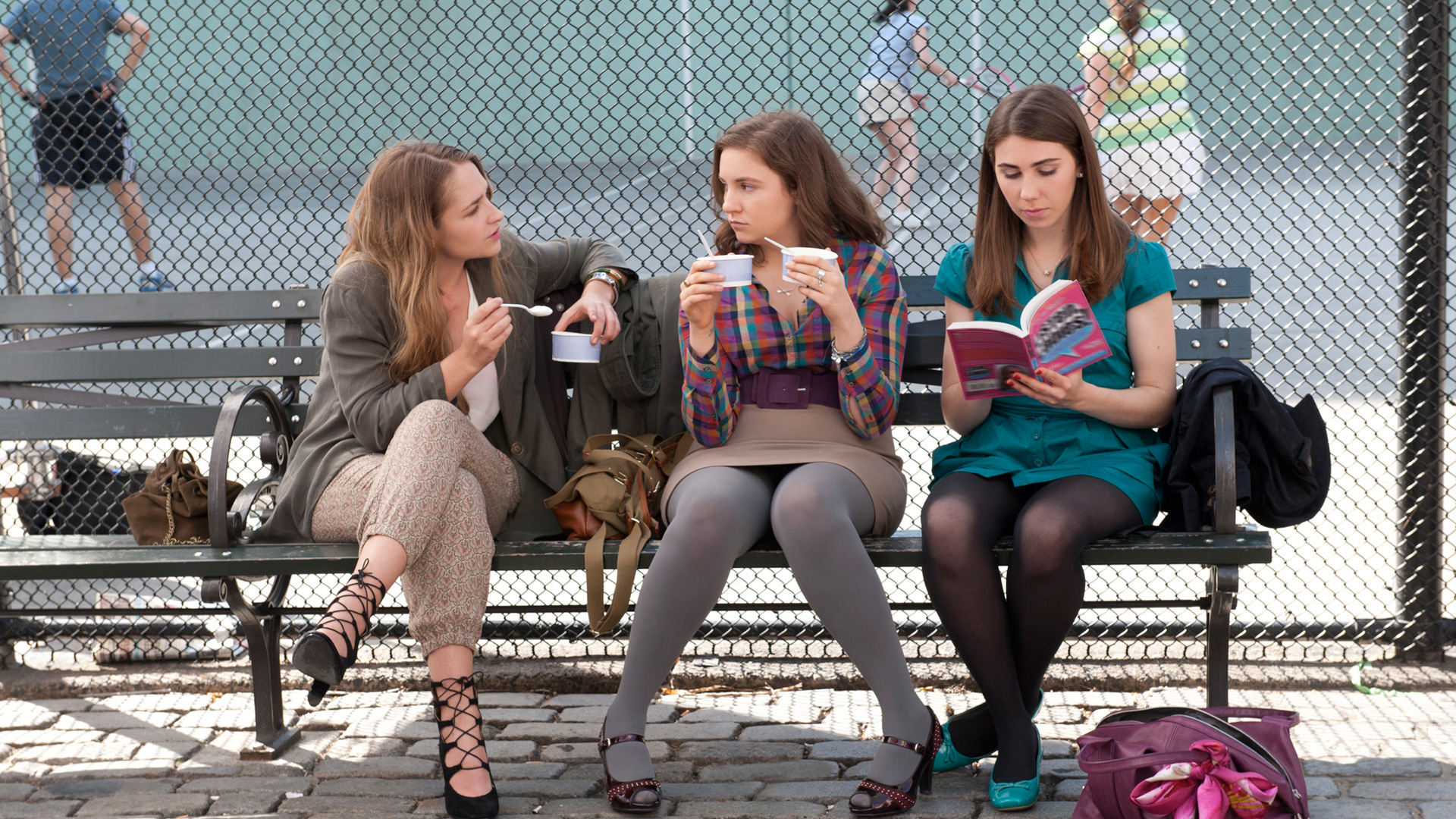I have a theory that every girl goes through a “Lena Dunham phase” at least once in their lives.
My Lena phase, or as I like to call it, my “Dunham Complex,” began when I was a freshman in high school. While flipping through one of my many hoarded copies of my favorite magazine, Glamour, I came across a review of the television series “GIRLS.” They noted it as being the hottest new thing, calling it a modern-day “Sex and the City.”
I was fourteen and easily swayed by print publications. I had to watch it.
Once I finished the copy of “Glamour,” I made my way downstairs and into the family room — the only room with a cable box compatible with HBO at the time. I’m fairly certain this was before the age of HBO GO. Either that, or my family was technologically impaired.
“A-B-C-D-E-F…GIRLS!” I mumbled to myself as I scrolled through the numerous other series that HBO offers (but people seldom pay attention to). I started the pilot episode, which slowly turned into a binge-watching marathon of the entire first season.
Thus began my “Dunham Complex.”
After watching the show, I became enamored with Dunham. Looking back, a lot of that probably had to do with the fact that I was an immature 14/15-year-old, and I felt a connection with the protagonist of every television show I was exposed to.
I would watch her “After the Show” interviews and fantasize (not in a creepy way, I swear) about meeting her in real life. Ah, the conversations we would have about writing, creating, living through awkward social situations and dealing with endometriosis (which we both coincidentally have—therefore making us “endrometrio-sisters”).
During my senior year of high school, I received her book, “Not That Kind of Girl: A Young Girl Tells You What She’s Learned,” for my 17th birthday. I read it cover to cover within a week, and of course, I loved it. Once the negative press started coming out about her and her sister, I became confused. I read the book and I didn’t get that vibe at all. I didn’t understand how suddenly my pre-teen hero was some sort of sexual predator.
Nevertheless, I stood up for her whenever I could, and I continued watching “GIRLS” the entire time. As the seasons went on, and I grew older, the show changed for me. It went from being an artsy escape from life to dealing with topics that were far out of my realm of familiarity. And soon, I began to lose touch with what the show was attempting to convey to its viewers.
I continued watching, hoping for some sort of common theme to grasp. Again, maybe I was too young to understand it, but I struggled with some of the characters and their arsenal of issues.
Season 5 was my tipping point. I was getting so frustrated with the show; I wasn’t even sure if I wanted to continue. Of course, there were exceptional moments, like when Shoshanna was in Japan and when Elijah was dating that famous newscaster, but I mainly felt gipped. I was a dedicated viewer; my Dunham Complex in full heat. What more could I possibly do to relate to or begin to understand this damn show?
That’s why when I heard about Season 6 being the last season of the series, I was relieved.
“Finally,” I thought to myself. “Maybe I’ll start to get some answers.”
I watched the first episode of Season 6 and almost fucking punched someone. It was so stupid, and I couldn’t believe I was willingly watching it, as it resembled some new form of human torture. Yeah, I mean, I guess I could’ve stopped watching. But at that point, I was far too invested.
And boy, am I glad I kept watching.
Sure, the first few episodes were idiotic and made me reconsider all my life’s choices, but after a while, things started getting interesting.
The first thing I love is that this season makes you love all the characters you hated during season one and vice versa. During Season 1, I LOVED Jessa, liked Hannah, hated Shosh. During Season 6, it’s the complete opposite. I think it’s amazing how much opinions can change over time, and after talking with other “GIRLS” fans, I know I’m not alone.
My Dunham Complex started slowing down during my freshman year of college. I noticed that she started becoming friends with Taylor Swift (who I don’t particularly like or trust for some reason), and I started to question why I had ever even liked Dunham in the first place. I also became more politically involved, and I slowly realized that Dunham and I weren’t so simpatico after all.
Somewhere in the past few years, she became so radical. It became her platform — her “claim to fame” was feeling passionate about a subject, especially when it came to liberal viewpoints or feminist perspectives. It just became a little too “extra” for me, and a lot of people. It’s very mainstream to hate Dunham right now.
The biggest shock of this season was finding out that Dunham’s character, Hannah, is pregnant with a one-night-stand’s baby. I was anticipating smash-cuts to her abortion. Not that there’s anything fundamentally wrong with a woman choosing to get an abortion, but since most of Dunham’s political views and experiences get woven into the storylines of “GIRLS,” I wouldn’t have been surprised if that would’ve made its way in as well.

But instead, she didn’t do that. She chose to keep the baby and to use that as an equal statement of femininity and strength, which I thought was totally cool. So cool, actually, that I am anxious to see how the rest of the season plays out, and maybe I’ll even re-watch the series to see if it can reach me in more ways now that I’m older.
The past few years of watching “GIRLS” and my love-hate relationship with Lena Dunham have taught me a lot about life and love. As a long-term fan, watching these characters finally reach their full potential is satisfying. But, while many things have shifted and changed throughout the seasons, one constant has remained: Marnie still sucks.


















Just an FYI, “gipped” is an offensive term. http://www.npr.org/sections/codeswitch/2013/12/30/242429836/why-being-gypped-hurts-the-roma-more-than-it-hurts-you
It’s fascinating how media Drift Hunters influences our interests. The “Lena Dunham phase” concept resonates with many. I remember feeling similarly drawn to “GIRLS” based on magazine reviews. Did you have a similar experience with a show or celebrity that